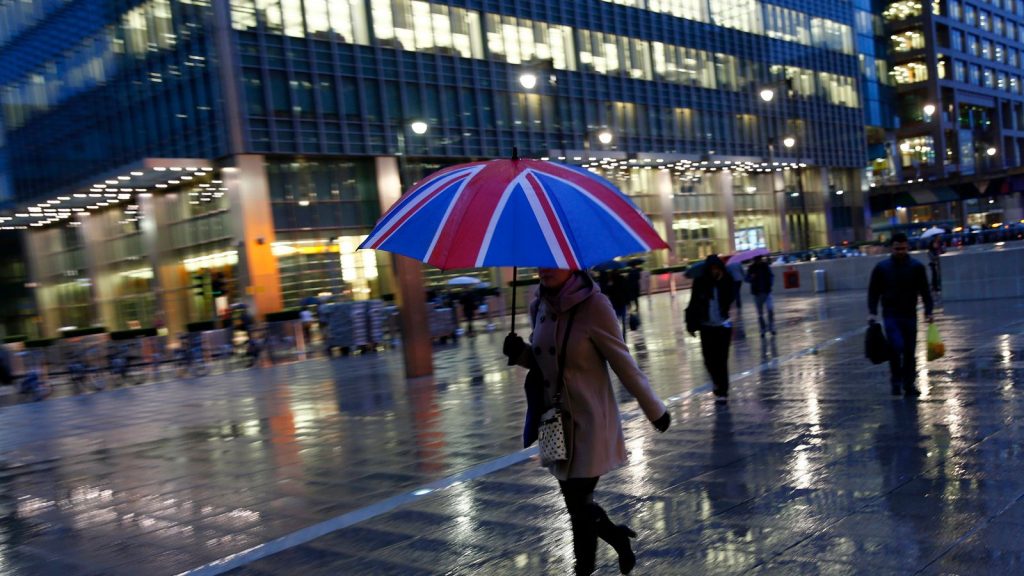UK forecast to enter recession this year
The UK will enter recession before the end of this year, with growth expected to be weak into 2024.That is the latest forecast from the British Chambers of Commerce (BCC), which said it expects the UK economy to record three consecutive quarters of contraction – the definition of a recession – this year.
However, unlike the Bank of England, the BCC expects the economy to grow in 2023, albeit at a very low 0.2%, with a slight increase to 1% in 2024.The forecast also included unemployment at 3.8% this year before rising to 4.1% next year and in 2024.Inflation is expected to peak at 14% in the fourth quarter of this year, falling to 5% by the end of 2023 and further to the Bank of England’s target 2% by the final quarter of 2024.
Alex Veitch, director of policy at the British Chambers of Commerce, said “The extreme inflationary pressures already present are only likely to increase as we head towards Christmas; with the UK economy already thought to be in recession.”Tackling these pressures must be at the top of the new prime minister’s inbox when they take up their position next week.”
More from Business
Read more:Food prices in August rose at the fastest rate since 2008Energy bills to soar for millions as price cap hiked to £3,549Explainer: Everything you need to know about higher billsThe UK will find out on 5 September if the next prime minister will be Liz Truss or Rishi Sunak, with Ms Truss the front runner.
Advertisement
Mr Veitch said: “Action is needed now, and the BCC has set out a comprehensive plan for government to provide vital support to firms.”Along with taxation and labour measures, the BCC business support plan includes key asks to help businesses with spiralling energy costs.”These include COVID-style support by introducing a Government Emergency Energy grant, a temporary cut in VAT on energy bills to 5% to reduce costs for firms and increased regulation of the energy market for businesses by Ofgem.”Through our extensive research and forecast work, we know the problems currently facing businesses. Time is fast running out, the government must step up to the plate and do what is needed to protect businesses, livelihoods and jobs.”

The UK will enter recession before the end of this year, with growth expected to be weak into 2024.
That is the latest forecast from the British Chambers of Commerce (BCC), which said it expects the UK economy to record three consecutive quarters of contraction – the definition of a recession – this year.
However, unlike the Bank of England, the BCC expects the economy to grow in 2023, albeit at a very low 0.2%, with a slight increase to 1% in 2024.
The forecast also included unemployment at 3.8% this year before rising to 4.1% next year and in 2024.
Inflation is expected to peak at 14% in the fourth quarter of this year, falling to 5% by the end of 2023 and further to the Bank of England’s target 2% by the final quarter of 2024.
Alex Veitch, director of policy at the British Chambers of Commerce, said “The extreme inflationary pressures already present are only likely to increase as we head towards Christmas; with the UK economy already thought to be in recession.
“Tackling these pressures must be at the top of the new prime minister’s inbox when they take up their position next week.”
Read more:
Food prices in August rose at the fastest rate since 2008
Energy bills to soar for millions as price cap hiked to £3,549
Explainer: Everything you need to know about higher bills
The UK will find out on 5 September if the next prime minister will be Liz Truss or Rishi Sunak, with Ms Truss the front runner.
Mr Veitch said: “Action is needed now, and the BCC has set out a comprehensive plan for government to provide vital support to firms.
“Along with taxation and labour measures, the BCC business support plan includes key asks to help businesses with spiralling energy costs.
“These include COVID-style support by introducing a Government Emergency Energy grant, a temporary cut in VAT on energy bills to 5% to reduce costs for firms and increased regulation of the energy market for businesses by Ofgem.
“Through our extensive research and forecast work, we know the problems currently facing businesses. Time is fast running out, the government must step up to the plate and do what is needed to protect businesses, livelihoods and jobs.”



